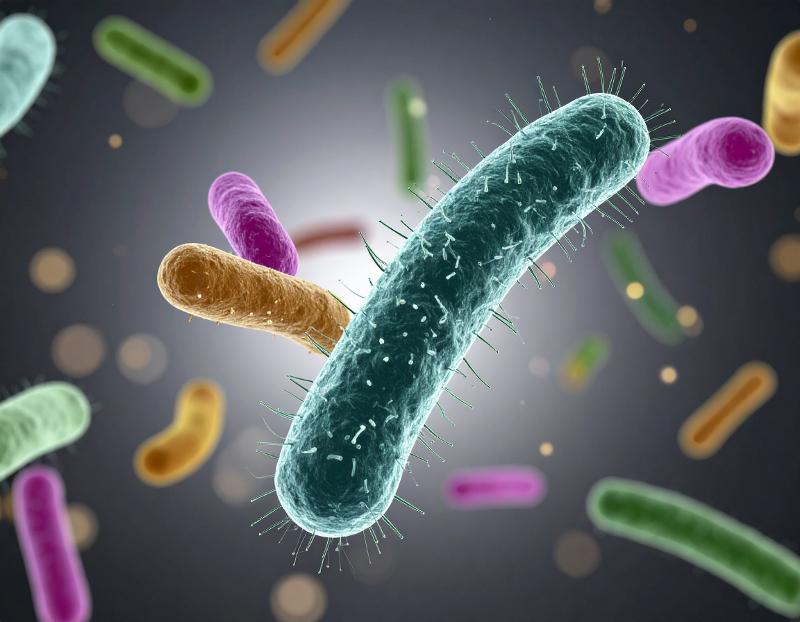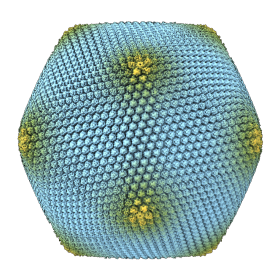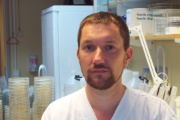CANS seminars
March 04. 2026 – March 06. 2026
November 04. 2026 – November 05. 2026
The Centre for new antibacterial strategies (CANS) is a large interdisciplinary centre at UiT – The Arctic University of Norway for research, education, innovation and dissemination related to antimicrobial resistance (AMR). Our vision is to create a future where the control of AMR is achievable.
CANS currently involves thirteen research groups located at three faculties and covers topics within marine bioprospecting – identification and characterization of new antibacterial activities, design and synthesis of new antibiotics and resistance inhibitors, the evolution and molecular epidemiology of AMR, host-microbe-drug interactions, and antibiotic stewardship.
The centre aims to strengthen current activities, but also support new basic research in novel concepts for sustainable antibacterial activities in AMR-prevention and treatment strategies.
CANS was financed through UiT and Tromsø Research Foundation (TFS) from 2019-2025. From 2026-2028, CANS II is financed through the Faculty of Health Sciences, the Faculty of Biosciences, Fisheries and Economics, and the Faculty of Science and Technology at UiT.




